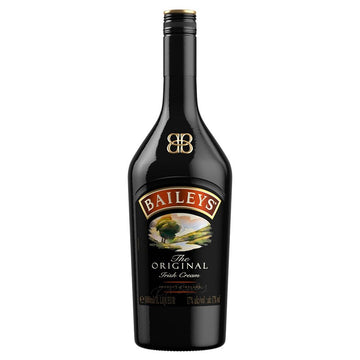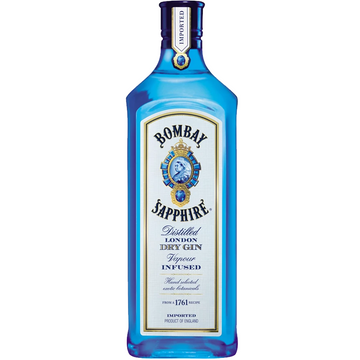Looking for a Spirit Store online? Your quest comes to an end right now.
 No matter what type of spirit you're searching for—rum, brandy or single malt whisky—we've got you covered. At New Zealand-based online liquor store, is offering a new selection of top-shelf spirits and alcoholic drinks to its clients and valued purchasers.
No matter what type of spirit you're searching for—rum, brandy or single malt whisky—we've got you covered. At New Zealand-based online liquor store, is offering a new selection of top-shelf spirits and alcoholic drinks to its clients and valued purchasers.
You won't be disappointed if you have a look around our site. It's easy to find what you're looking for in our branded spirits since they are organised into distinct product categories so that you don't get lost in the shuffle.
It's easy to buy alcohol online from Liquor Mart in a matter of minutes thanks to our simplified information arrangement, and you can then relax and wait for your box to arrive.
Branded alcohol is what we specialise in, thus we only buy from producers that are well-known in their respective industries. Customers who buy spirits online from us have a strong sense of confidence and faith in our company because of our brand name. After taking a look around our website, you'll see that we're the best place to go for booze.
Spirits: What Exactly Are They?
The phrase "spirits" can refer to a variety of things, including items that aren't intended to be lost during difficult times. Something that cheerleaders are devoted to on a professional level. They are the entities that you bargain with once you have unintentionally moved into a haunted house. And, of course, a few bottles of booze with a lot of punch.
Exactly what is it that makes alcoholic spirits alcoholic? The best way to describe them is that they're the largest, baddest elder brother of the booze family. All alcoholic beverages are produced by fermenting some sort of sugary brew into ethanol and carbon dioxide (CO2). For the reason that yeast can only ferment for a certain amount of time before the amounts of alcohol become poisonous to them, we must distil (or physically separate out the water) to obtain larger alcohol concentrations. And it's for this reason that "spirits" are distinguished in two ways: they're distilled, and they have greater average alcohol by volume (ABV), ranging from roughly 20 percent to as high as 80 or 90 percent (most spirits fall somewhere much closer to the middle).
Of course, the phrase "spirit" (also known as "liquor") does not apply to everything that can be found at a liquor shop, such as anything other than wine and beer. For example, you may come across bottles labelled with names such as Fernet Branca, Amaretto, Peach Schnapps, or Peychaud's Bitters, among others. The following beverages all belong to the vibrant, intoxicating extended spirits family, although they are not strictly speaking spirits (due to the addition of ingredients such as sugar, herbs, and spices, as well as the fact that they contain lower alcohol by volume (ABVs)).
So, how can you tell if something is a spirit or a liquor? Because of a surplus on the market, it's not nearly as evident as a jug with a few X's on it these days, but it is still there. There are artisan distilleries producing newer, smaller brands, flavourings that can make hard liquor taste like anything from jalapenos to marshmallows, and even some pretty unique packaging that elevates brand awareness to a whole new level of bizarreness.
- All spirits bottles must be labelled with the following information, thanks to the Alcohol and Tobacco Tax and Trade Bureau: the brand name; the type of spirit in the bottle (for example, vodka, gin, tequila, and rum, though you may also see things like moonshine, mezcal, pisco, and cachaça); any additional required information regarding the spirit, such as the age of the whiskey if it's under four years; and the alcohol by volume. There is a lot more that distinguishes one spirit from another, but in general, this, together with centuries of distilling history, is what distinguishes spirits in the world of alcoholic beverages.
- Whiskey and spirits are the highest ABV results of the yeast-based fermentation of a liquid that has been brewed to include fermentable sugars, resulting in the highest ABV products. Spirits, on the other hand, are the result of a second process known as "distillation," which fortifies them even more.









